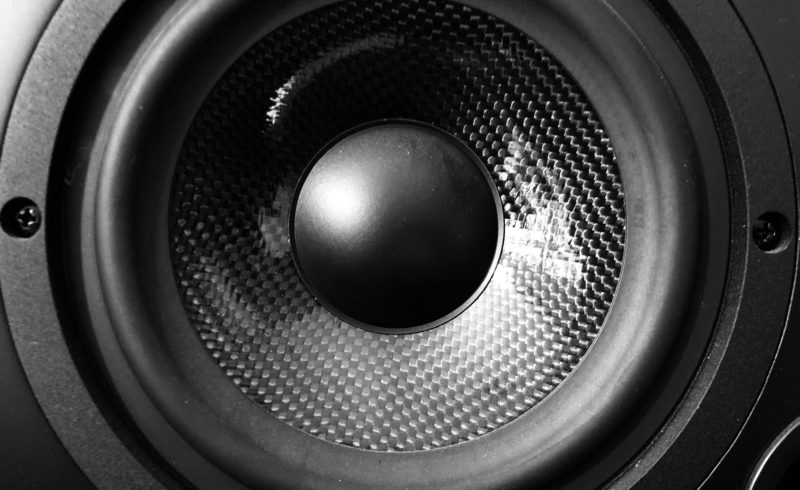
He’ll say he won, but once and future reality TV personality, Donald Trump, will eventually lose or more likely settle his case against Eddy Grant. It’s different from the Neil Young thing.
According to the complaint, the Trump Campaign placed “Electric Avenue,” (as in ‘We gonna rock down to…’) in an ad “deriding the Democratic Party’s 2020 nominee for President, Former Vice President Joseph Biden, which infringing video was tweeted by Mr. Trump on his personal Twitter account to his more than 85 million followers on August 12, 2020.
No self-control at all. That was so obvious, I loathe myself right now.
The Trump Campaign didn’t get a sync license.
This is entirely different by the way from all the rock stars, whose music is so often vexingly opposed to the GOP platform, who produce cease and desists and cry foul because the GOP plays their music at rallies. They’re mostly out of luck. The venues all secure blanket licenses to whole catalogs of music and those licenses covers usage by whatever act rolls into town. Those rock stars hate the association most of the time, but “Born In The USA” and “Fortunate Son” are gonna keep on getting played.
Trump lawyers filed a motion to dismiss this case, and they predictably went with really the only thing they could, a “fair use” defense. The Fair Use doctrine allows for certain unlicensed uses, but it’s no get-out-of-jail-free card. Fair use is case by case and subject to lots of murkiness.
It has some basic tenets though.
Some quick examples: It helps if you’re weren’t in it for personal gain so much as a public benefit. Also, it helps if you used an insignificantly small part of the protected work. And it’s good if the original work wasn’t very artsy, not like a song, but something less creative. Or hey, if you’ve created from a preexisting song a new original piece of art that could be described as transformative of the original work, that can work. (The fair use doctrine and copyright law, in general, seek balance in encouraging creativity even while protecting rights holders.) And it’s nice if you didn’t do anything to harm the original rights holder, like, by, say, associating their work with something with which they’d not want to be associated. It really helps if you’re making an editorial statement, an observation about the original work, like a parody.
You knew it was coming.
But no, this use doesn’t clearly tick any of those boxes. The Trump defense has filed a motion to dismiss and put checkmarks all over the place. (By the way, the motion, to my non-lawyer eyes, looks really well put together; but it just looks like a losing battle.) They’ve pretty much argued that since Eddy Grant’s work wasn’t a political ad — this is a new juxtaposition, and it’s therefore a transformative use. But, that’s like any other commercial sync that may ever have used “Electric Avenue,” to sell cars or neon signs or anything. None of those are a direct association to the 1981 Brixton Riot that Grant wrote the song about. But all of those require a license. I can imagine plenty of arguments, but when I play them out, they rely on what I imagine would be telling lies.
Really the rest of the boxes don’t matter. It used more than enough of the song to know it was “Electric Avenue;” for a commercial purpose. (Don’t even start.) It’s not an adaptation, just a needle drop of the recording. The point wasn’t to use points about Joe Biden to criticize the song but the other way around.
Look forward to checking the box in the loss column though.